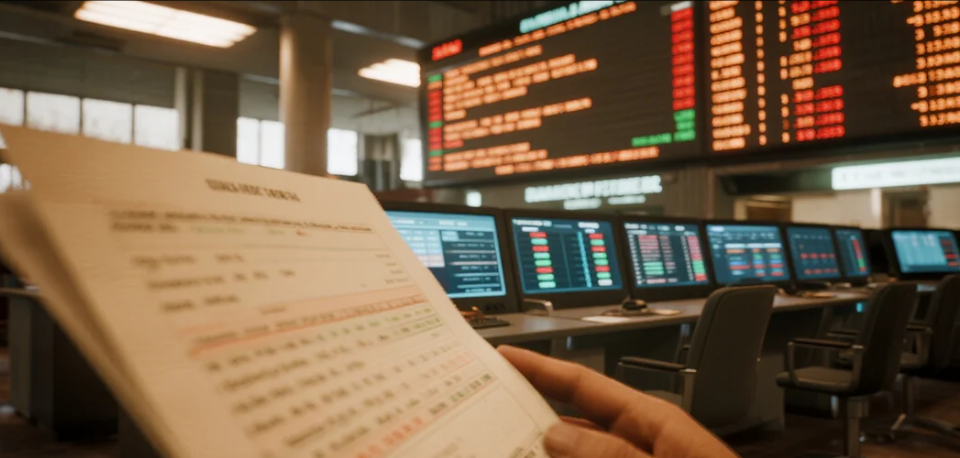
What is the Crocodile Rule?
Imagine you are walking by a lake, and a crocodile bites your foot. Instinctively, you would likely try to free your foot with your hands. At this point, the crocodile would then bite both your foot and your hand. The more you struggle, the more you get bitten. Therefore, the only solution is to sacrifice your foot to avoid losing not only the foot but also your life. This principle is known as the "Crocodile Rule."
The "Crocodile Rule" refers to "cutting losses" in investing. When the investment environment is unfavorable, the primary consideration for investors should not be how to make a profit but rather how to cut losses. Cutting losses is far more important than making profits because preserving capital should always come first, while profits are secondary. If one becomes overly attached to sunk costs and refuses to let go, it may lead to even greater losses.
Here’s a simple example: You spend $2 to buy an orange, only to later find it slightly spoiled. To avoid wasting it, you eat the orange anyway and end up with a stomachache. As a result, you not only lose the $2 but also consume a rotten orange and spend an additional $10 on medicine. In reality, the $2 is a sunk cost—a cost that cannot be recovered no matter what you do. When faced with sunk costs, the most common mistake we make is dwelling on them, persisting in the original mistake, and incurring even greater losses.
Lessons from the Crocodile Rule:
While "cutting losses" sounds easy, it is challenging in practice because it involves admitting mistakes and accepting losses. People tend to defend their past choices and are reluctant to admit they were wrong, making it a test of human nature. The market is merciless—those who hesitate to cut losses promptly may sometimes suffer even greater losses. On the other hand, those who dare to decisively cut losses, keeping their capital losses within a certain range, may have a better chance of turning the situation around and emerging as the ultimate winners.
Investing is a discipline, and the "Crocodile Rule" serves as a wake-up call for us. First, remain rational and objective, free from emotional influence. Extreme market volatility is normal—it’s just "Mr. Market" acting up. We must stay calm, avoid being swayed by market sentiment, and refrain from making impulsive decisions.
Second, maintain firm conviction and patience. Setting a strategic stop-loss line doesn’t mean we won’t incur any losses. Investments may experience temporary pullbacks or declines due to market fluctuations. But as long as we firmly believe our investments are based on thorough analysis and research, we should be patient and trust that they will eventually pay off. Lastly, focus on risk diversification. Don’t put all your eggs in one basket. By diversifying your portfolio, you can reduce overall risk and better navigate the volatility of different assets.
















